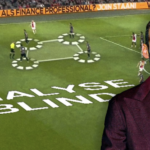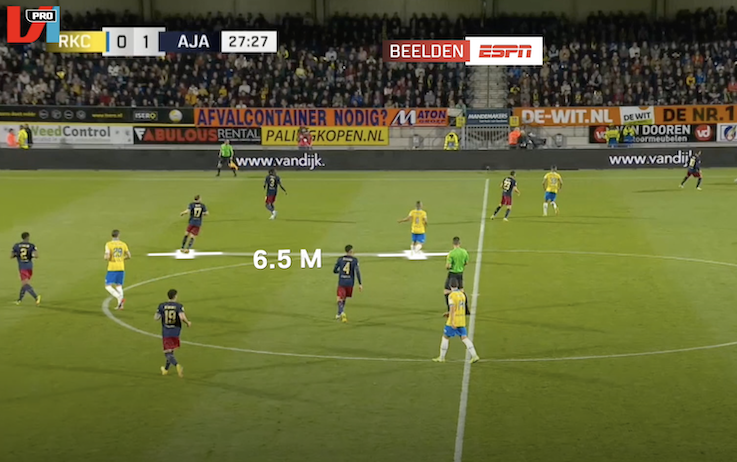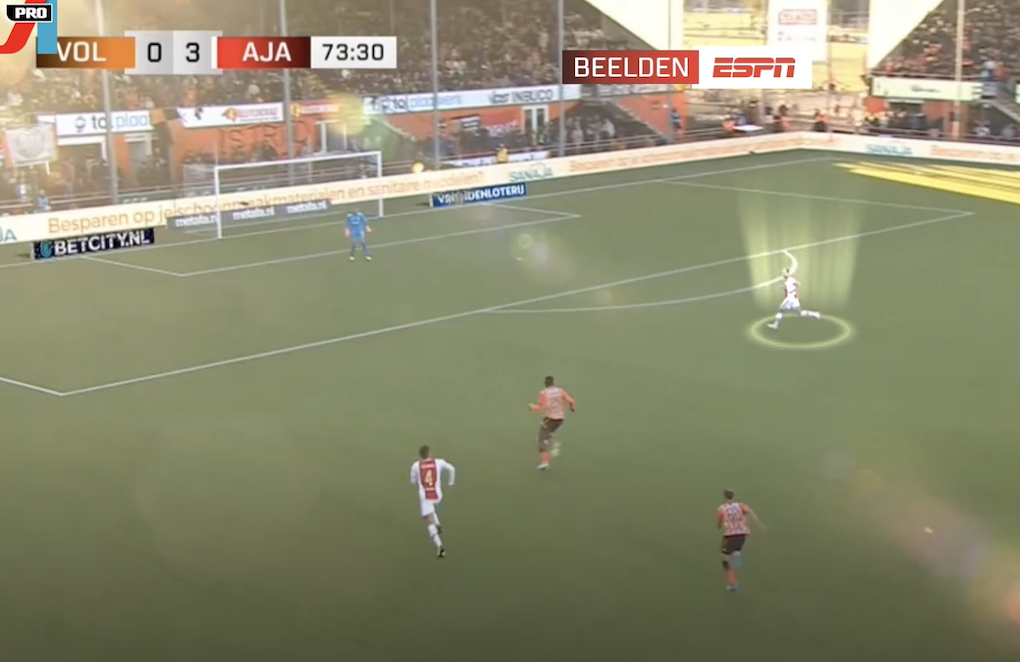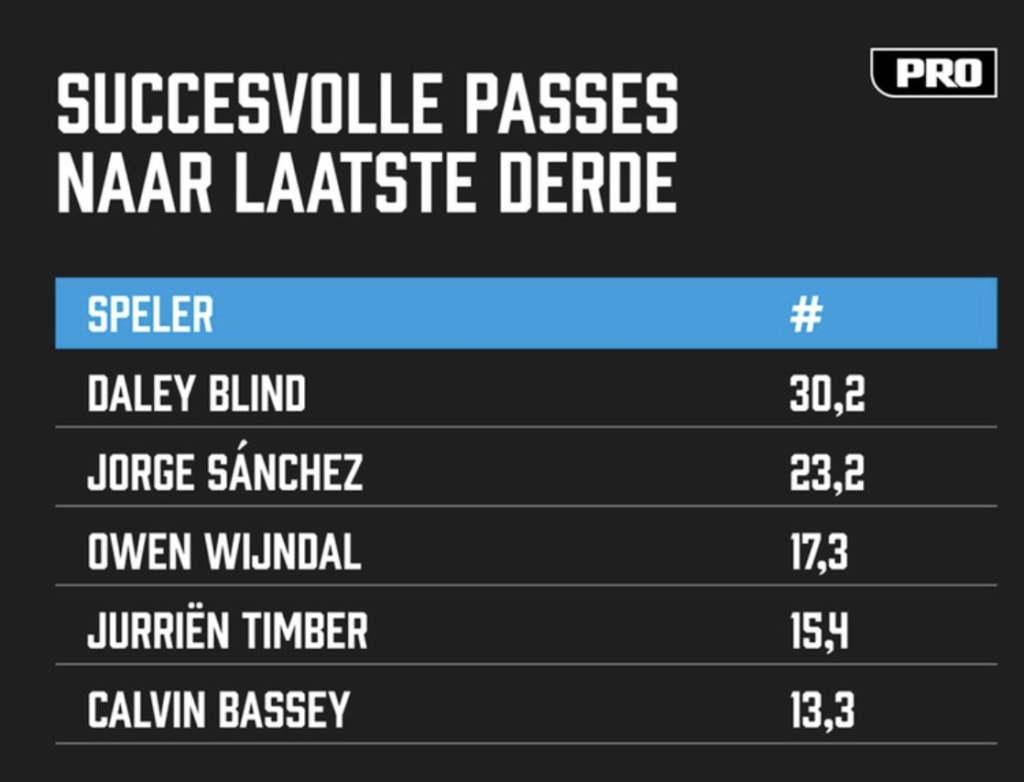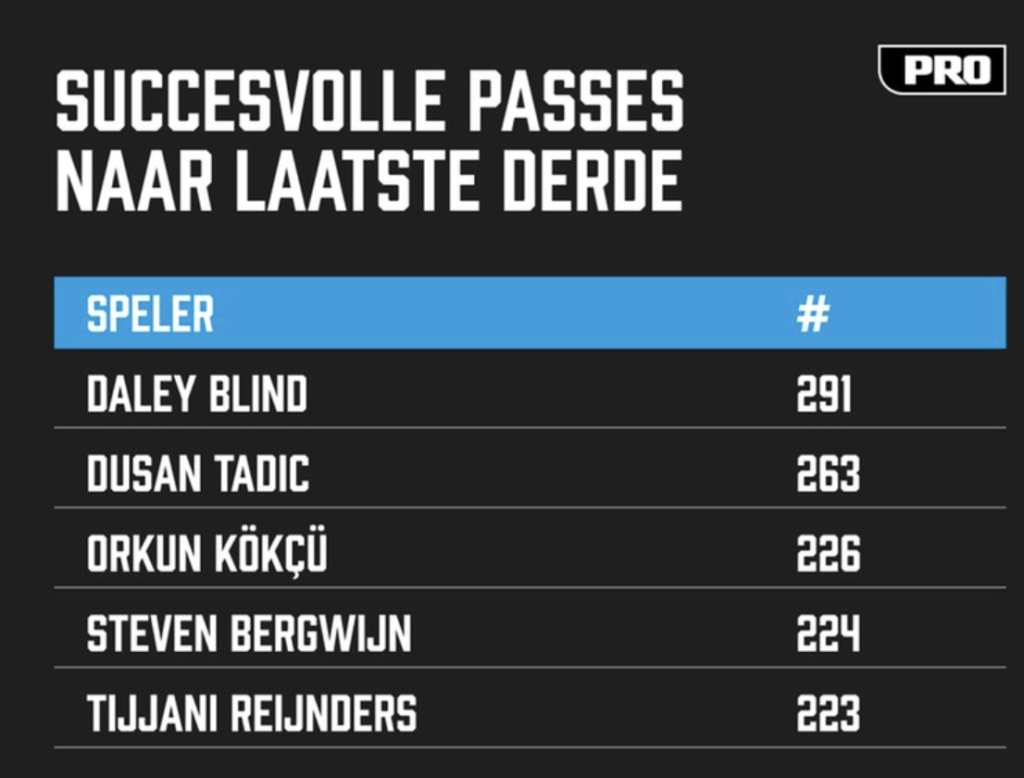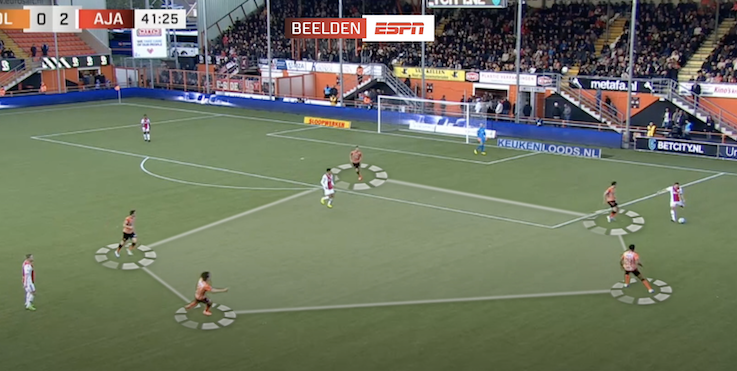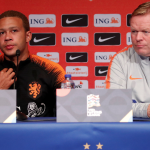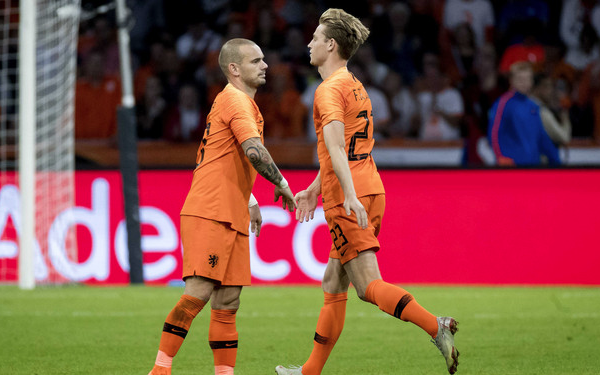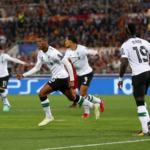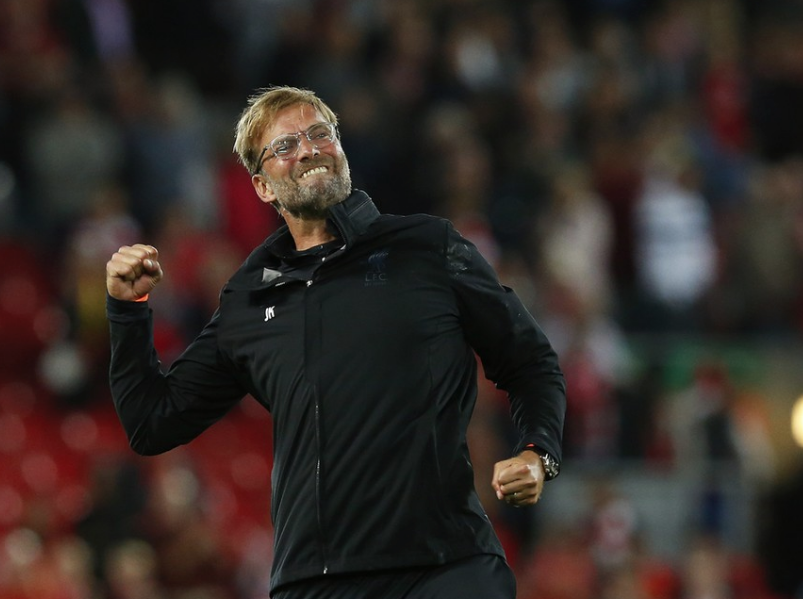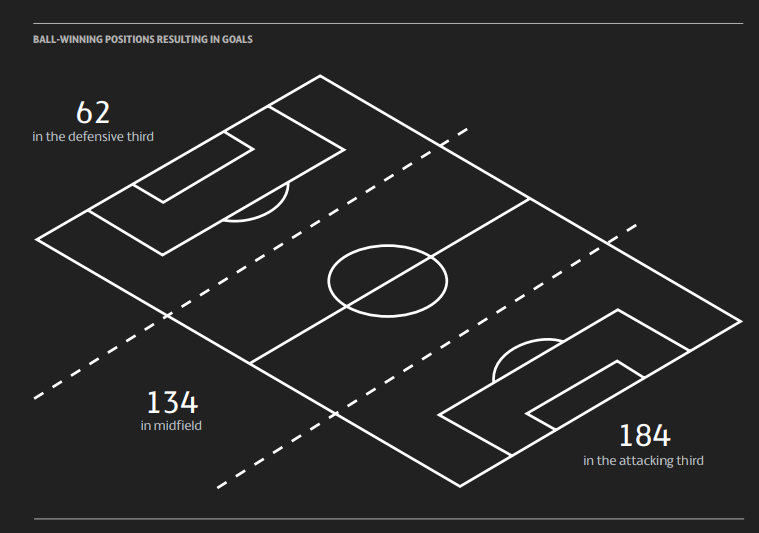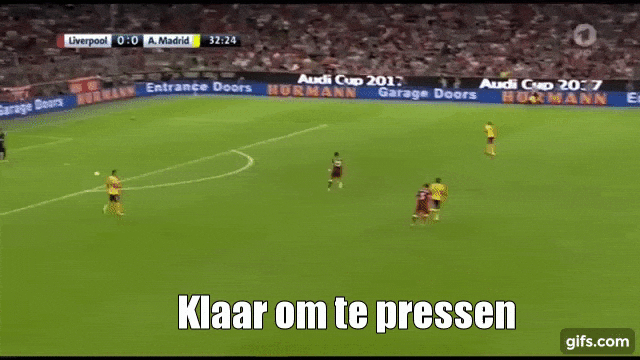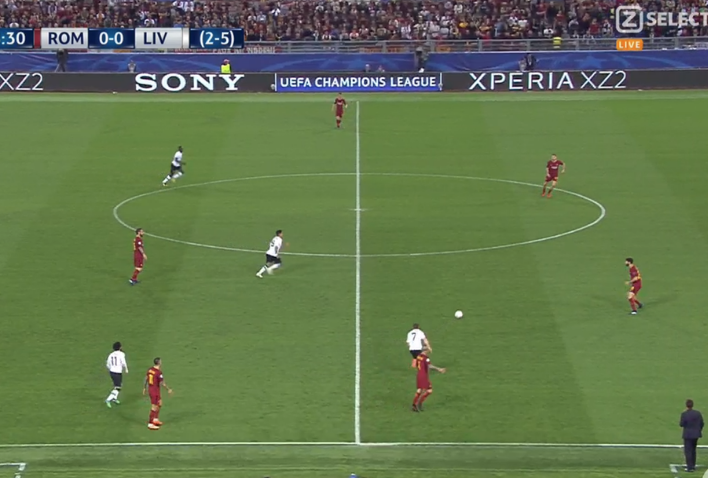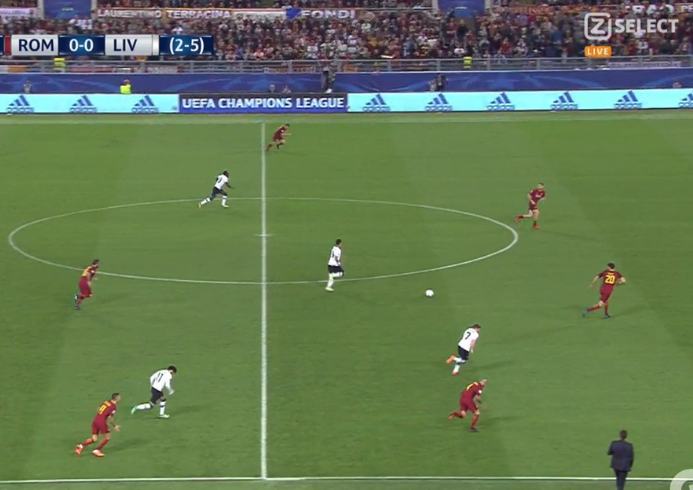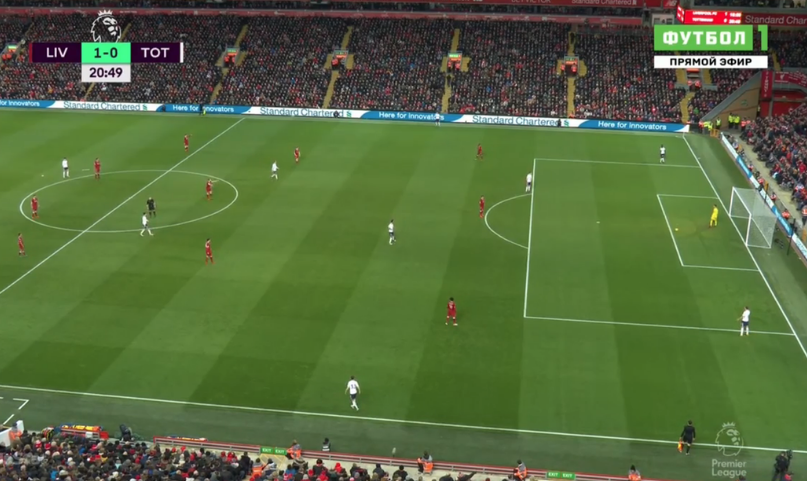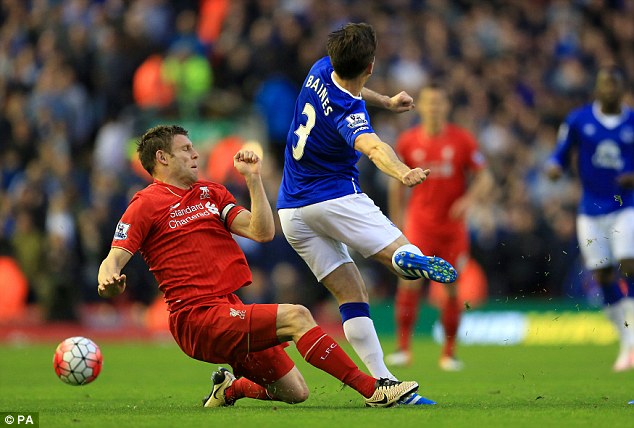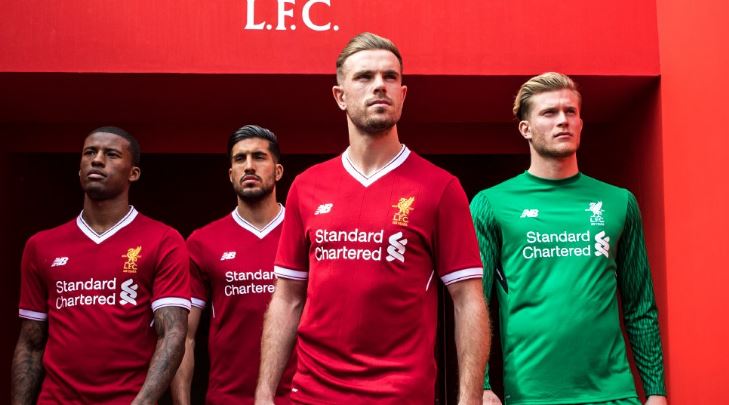Here we go guys. Rip into it.
This time, not so much a profile but an analysis. Daley has been covered a lot on this blog. Yes, your friendly blogger is a fan of the left footer (he was a left footed slow player himself) and Blind is a veteran by now and much talked about, so logically he featured here a lot.
Schreuder benched Blind for the first time in a long while versus Rangers FC. Is this the moment the 32 year old will have to face the fact he is not good enough anymore? Who listens to Schreuder will hear that Blind still has a lot of credit with the coach. Whenever the results are bad, Blind is the first to cop criticism, but Schreuder simply points to the number of games Blind played and the fact that Wijndal needs minutes, as explanation for the benching of the left back.
Rafael van der Vaart – himself a left footer with limited speed – was vocal with his criticism: “The problem with Blind is, he can play on many positions on the pitch, but he is not the best option on any of those spots. Malacia the better left back, Ake the better left central defender and Frenkie the better holding mid. It feels like coaching always want to create a spot for him in the team. He seems beyond criticism.”
The problem for Blind is, his flaws are easier to spot than his strengths. His biggest problem is his lack of agility. He is dependent on a good organisation around him. This was the problem recently versus RKC Waalwijk.
Not quick and agile enough to put pressure on
Here in the pic above, Blind’s direct opponent Bel Hassani lures Blind into midfield. He needs to press high, but he is too slow and lacking agility to really follow Bel Hassani, and the result in this particular move is two chances for RKC as a result of Blind’s lack of explosivity. As a result, Blind is swimming (drowning) in areas where his flaws are very visible and most direct opponents will beat him at these aspects of the game.
The second issue is his lack of speed. Ajax always plays with lots of space behind the last line and he lacks the speed to compensate this. He usually compensates this well with his intelligence and his reading of the game. He is able to steup up at the right time or to close the space by dropping back. When he fails to do so successfully, it really looks clumsy.
This below is from the Volendam game, in which the attacker would score from this move. Pasveer makes a big error and cops the criticism, although Ajax would win this with ease.
Not quick enough to close down
A third problem with Daley is his lack of heading power. Put next to Timber, who is also not the tallest, this is a problem. Blind is pretty good with long balls, as he judges the flight of the ball well and has time to position himself. But when he can’t use his smarts, he lacks the jumping power to really compete. In Oranje, he has the likes of Ake and Van Dijk to assist him with this.
This is another example from the Volendam game.
Not strong enough aerially
This doesn’t mean Blind is a terrible defender. Jose Mourinho wouldn’t play him as a defender in a European finals if he was. In terms of minutes in the Eredivisie, Blind has the most interceptions and in terms of successful tackles and repossessions, he scores higher than Owen Wijndal. There are also not many successful dribbles against him. It’s not easy to beat him in a one v one. Only Jurrien Timber has better stats than Blind.
In the Dutch league, his intelligence and positioning help him to remain one of the best defenders, but at a higher level – Champions League – his stats become really weak.
This is the dilemma for Alfred Schreuder at Ajax and Van Gaal at Oranje. Is it not time now to pick and choose the games where you can use Blind and his strengths versus games where he will be a liability.
Both coaches need to make the decision to see if the risk of playing Blind weighs up to the added value of the defender in possession.
This stat is key for most coached: Blind reaches the forwards almost twice as easy and often as his competition in an Ajax jersey.
# of successful passes into the final third
Daley Blind is the only defender n this list of players and their total passes to the final third. And as a defender, he is even the #1. A strong stat. In Europe, only Alexander-Arnold, Kimmich and Cancelo shine with this statistic. This is usually the domain of the playmaker, such as Kroos, Modric, Verrati or Pedri. The fact that defender Blind is amongst those players tells you something about his crucial role in the Ajax build up.
Only defender amongst attacking mids and forwards
The specialty of the house for Blind is his passing and in particular the fast low pass, which he plays fairly late so he draws in an opponent and plays the free man in.
This again v Volendam. He holds the pass until 5 (!) players of the opponent can be shoved aside with one deep pass. And Blind’s passes usually find a team mate.
Pulling people in to open up the space
How do you like them apples? See below, with Blind – top left – passing into Bergwijn and took 4 players out with the one pass, hard and low and with precision.
Crisp passing to take players out
Another problem the coach will have at Ajax, is that with Blind you can play Alvarez and Klaassen in midfield, who usually don’t really contribute to the build up. Once you lose Blind, you’ll need to bring in a playmaker type player next to Alvarez (Taylor?) to assist with the build up, which will have an impact on the balance of the team.
This is less of a problem in Oranje, where Ake and Van Dijk also have a strong forward build up pass.
So, it seems simple as a football supporter to yell “Blind needs to be benched” but as he is the key man in the build up for Ajax, any coach will want to think twice before they shove that type of quality into the bin.
A little hint from me on my fave starting eleven: I would always take Blind to Qatar as he will be the ideal player to allow Malacia or Ake some rest when they need it.
The video below will explain why Blind was not a failure at Man United :-).

